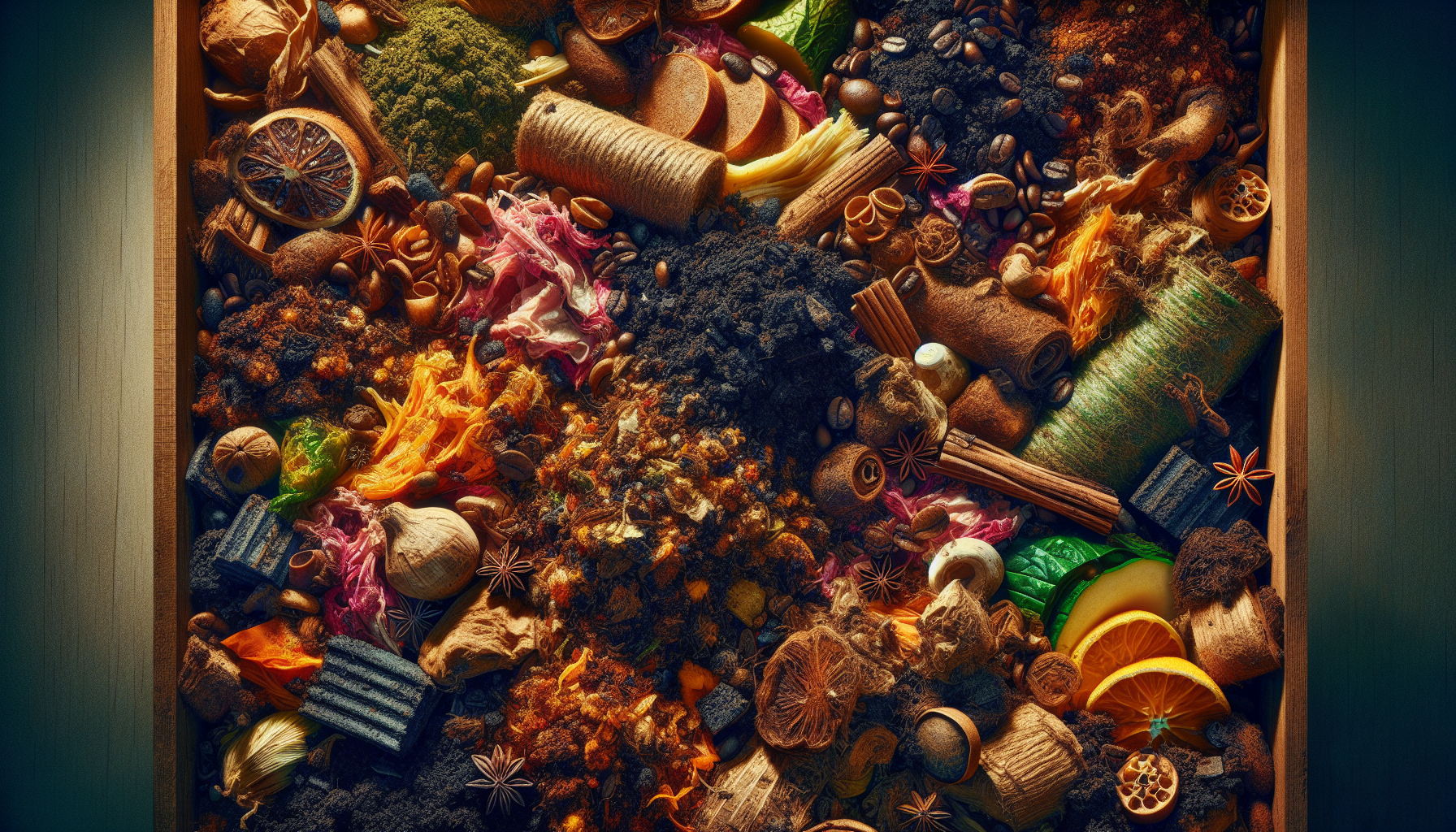What Is The Purpose Of Adding Supplements During Composting?

Why Should You Add Supplements During Composting?
Composting is a natural process that breaks down organic materials into a nutrient-rich soil amendment known as compost. While composting can happen on its own, adding supplements can help speed up the process and improve the quality of the final compost. In this article, we will explore the purpose of adding supplements during composting and how they can benefit your composting efforts.
What Are Supplements in Composting?
Supplements in composting refer to additional materials that are added to the compost pile to provide nutrients and beneficial microbes that help break down organic matter faster. These supplements can include items such as manure, garden soil, compost starter, and nitrogen-rich materials like coffee grounds or vegetable scraps.
How Do Supplements Enhance the Composting Process?
Adding supplements to your compost pile can help create the ideal environment for beneficial microorganisms to thrive and break down organic matter efficiently. These supplements provide essential nutrients like nitrogen, phosphorus, and potassium, which are needed for the decomposition process. Additionally, supplements can help adjust the carbon-to-nitrogen ratio in the compost pile, ensuring that the microorganisms have the proper balance of materials to break down.
See posts on mushroom compost.
What Are Some Common Supplements Used in Composting?
There are several common supplements that are frequently used in composting to enhance the decomposition process and improve the quality of the final compost. Here are some of the most popular supplements and their benefits:
Manure:
Manure is a rich source of nitrogen, which helps speed up the decomposition process in the compost pile. It also adds beneficial microbes that contribute to the breakdown of organic matter and the creation of nutrient-rich compost.
Garden Soil:
Adding garden soil to your compost pile introduces a diverse array of beneficial microorganisms that can help break down organic matter more efficiently. The soil also contains minerals and nutrients that can enrich the compost.

Compost Starter:
A compost starter is a mixture of microorganisms like bacteria and fungi that can kickstart the decomposition process in a new compost pile. This supplement can help speed up decomposition and create a more consistent and balanced compost.
Coffee Grounds:
Coffee grounds are a popular supplement for composting due to their high nitrogen content. Adding coffee grounds to your compost pile can help balance the carbon-to-nitrogen ratio and stimulate microbial activity.
Vegetable Scraps:
Vegetable scraps are another excellent source of nitrogen for your compost pile. By adding vegetable scraps, you can introduce a variety of nutrients and organic matter that will break down into rich compost.

How to Incorporate Supplements into Your Compost Pile
Now that you know the benefits of adding supplements to your compost pile, you may be wondering how to incorporate them effectively. Here are some tips for incorporating supplements into your compost pile:
Mix Supplements Throughout the Pile:
When adding supplements to your compost pile, make sure to mix them evenly throughout the pile. This will help distribute nutrients and beneficial microorganisms more evenly, ensuring that the compost breaks down efficiently.
Layer Supplements with Organic Matter:
Layering supplements with organic matter like leaves, grass clippings, and food scraps can help create a more balanced compost pile. Alternate layers of supplements with layers of organic matter to provide a diverse range of nutrients for the microorganisms.
Water the Compost Pile:
After adding supplements to your compost pile, make sure to water the pile thoroughly. Moisture is essential for the decomposition process, and adding supplements can increase the need for water in the compost pile.
Monitor and Turn the Pile Regularly:
To ensure that the supplements are doing their job effectively, monitor and turn the compost pile regularly. Turning the pile helps aerate it and distributes the supplements and organic matter throughout, speeding up the decomposition process.
Common Mistakes to Avoid When Adding Supplements to Compost
While adding supplements to your compost pile can be beneficial, there are some common mistakes to avoid to ensure the success of your composting efforts. Here are a few mistakes to watch out for:
Adding Too Many Supplements:
Adding too many supplements to your compost pile can throw off the balance of nutrients and microorganisms, leading to a slow decomposition process or a smelly, anaerobic pile. Be mindful of the amount and type of supplements you add to your compost.
Using Inorganic Chemical Fertilizers:
Avoid using inorganic chemical fertilizers as supplements in your compost pile. These fertilizers can harm beneficial microorganisms and disrupt the natural decomposition process. Stick to organic supplements like manure, compost starter, and vegetable scraps.
Not Providing Enough Air and Water:
Microorganisms that break down organic matter in the compost pile require oxygen and water to thrive. Make sure your compost pile is well-aerated and adequately watered to support the decomposition process when adding supplements.
Neglecting to Monitor the Compost Pile:
It’s essential to monitor your compost pile regularly, especially after adding supplements. Check the moisture levels, temperature, and overall decomposition progress to ensure that the supplements are supporting the process effectively.
Conclusion
In conclusion, adding supplements to your compost pile can significantly enhance the composting process and improve the quality of the final compost. Supplements like manure, garden soil, compost starter, coffee grounds, and vegetable scraps can provide essential nutrients and beneficial microorganisms that help break down organic matter efficiently. By following the tips and avoiding common mistakes mentioned in this article, you can successfully incorporate supplements into your compost pile and produce nutrient-rich compost for your garden. Happy composting!

